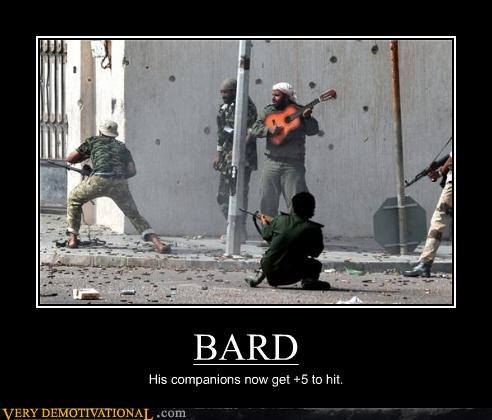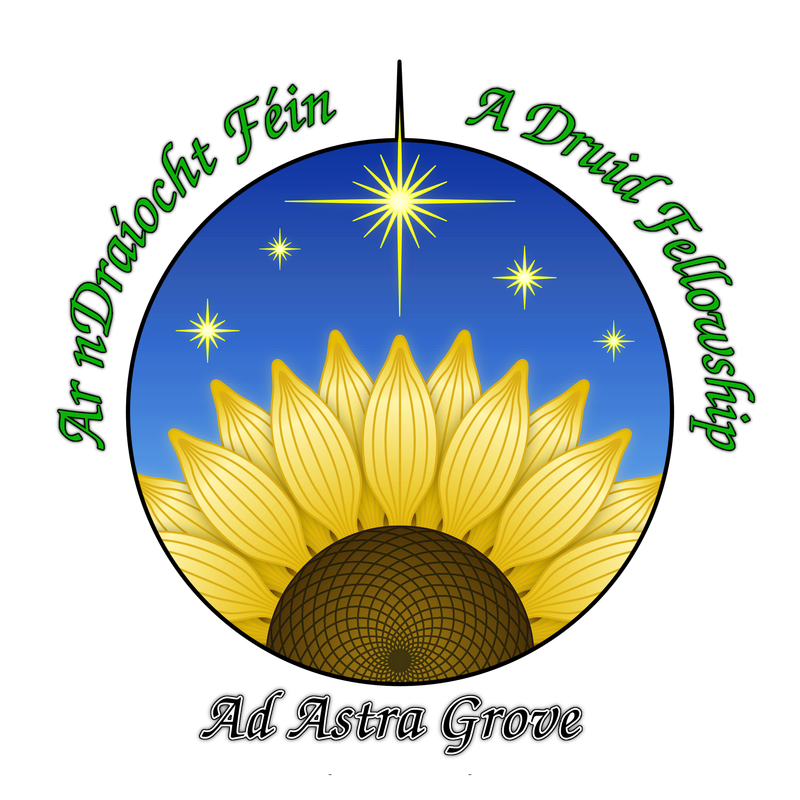When a King died, it was not unknown for the court skald to write a poem telling about the King’s last battle and consequent reception into the hall of Valhalla. One of these types of poems was written for the Christian King, Hakon the Good (http://www.sacred-texts.com/neu/onp/onp13.htm). Even though Hakon was a Christian, he was considered a friend of the heathen Gods upon the time of his death and thus worthy of reception into Valhalla.
“19
Then was it seen
how that sea-king had
upheld the holy altars,
since Hákon all
did hail with welcome,
both gods and heavenly hosts.
20
On a good day is born
that great-souled lord
who hath a heart like his;
aye will his times
be told of on earth,
and men will speak of his might.
21
Unfettered will fare
the Fenriswolf,
and fall on the fields of men,
ere that there cometh
a kingly lord
as good, to stand in his stead.
22
Cattle die
and kinsmen die,
land and lieges are whelmed;
since Hákon
to the heathen gods fared
many a host is harried.”
The Lay of Hakon (Hakonarmol) by Eyvind Finnsson Skaldaspillir
A number of the surviving poems are of mythological subjects such as the poem called, “The Porsdrapa,” which is retelling of how Thor went on a quest to battle the frost giants (https://notendur.hi.is//~eybjorn/ugm/thorsd00.html).
Song, poetry, and magic were all the domain of the skalds.The Norse God Odin was the God of war, magic, and poetry and would have been viewed as a type of patron of the Skalds (Andrews). One famous Skald by the name of Egill Skallagrimsson was said to have cursed King Eiríkr Bloodaxe (Eric I) by inscribing the spell of runes on a pole (http://www.britannica.com/EBchecked/topic/180271/Egill-Skallagrimsson). One of Egill’s most famous poems was written as a lament for the death of his two sons. During this poem Egill struggles with the All Father and declares his hatred of the God. By the end of the poem Egill relents and thanks the All Father for his gifts of words and song (http://odins-gift.com/pclass/sonatorrek.htm).
“Forgive his fate And forget I will not
Odin, not Egil
Enjoys him for ever,
He has stolen my son,
The sapling growth
From my wife´s womb
The warrior-seed.
The spear-god shared
Spoil with me,
My oath was to Odin,
He gave me aid:
Now that maker of mystic Runes only mocks me
Voids all my victories,
That breaker of vows.
I´ll make offerings to Odin
Though not in eagerness,
I´ll make my soul´s sacrifice
Not suffer silently: Though this friend has failed me,
Fellow of gods,
To his credits he comforts me
With compensation.”
Sonatorrek (Lament for the Son) from the Egil´s Saga.



 RSS Feed
RSS Feed
